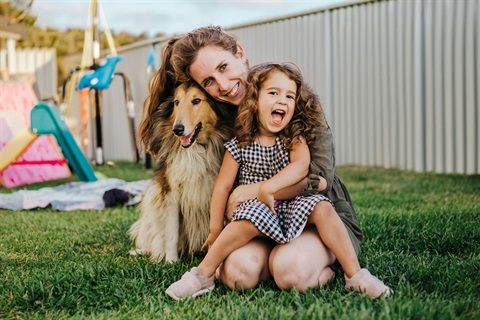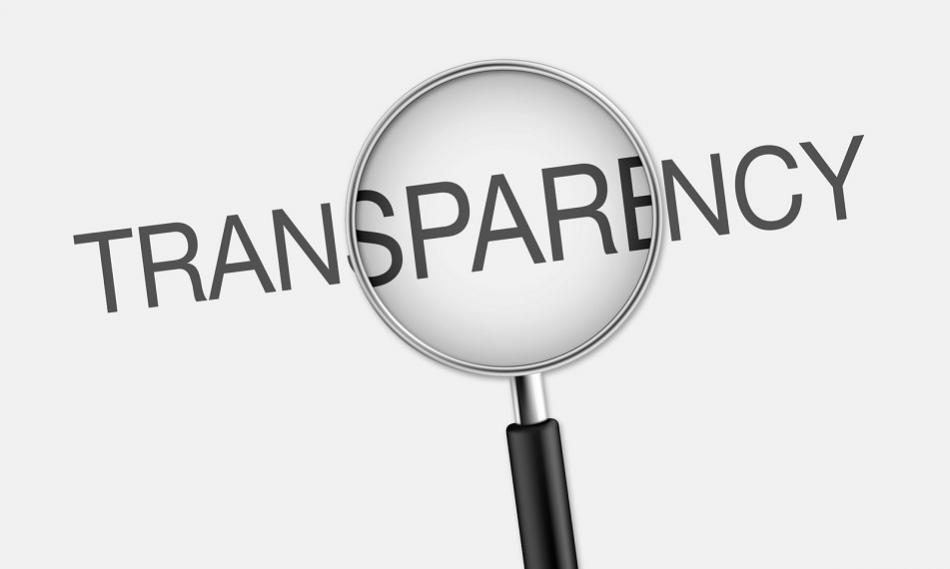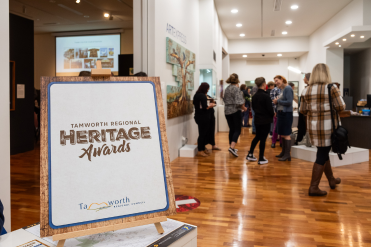The Liberal, National and Labor parties have strengthened their financial positions ahead of this year’s federal election, with big money flowing from the resources and pharmaceutical/medical sectors.
But the source of the vast majority of funding going to political parties and campaigners is hidden from the public under existing disclosure laws, with just $17.9 million worth of individual donations declared compared with the almost $177 million received by parties.
Political parties are only required to disclose details of donors who give more than $14,300. The data released on Tuesday by the Australian Electoral Commission also doesn’t include any donations made since July 1.
The 2020-21 financial year figures show the Liberal and National parties attracted almost $84 million in donations and other funding, a $15 million boost on the previous year. At the same time, Labor collected $67 million, which was $12 million more than the previous year.
Resources companies were the highest spending sector, giving almost $2 million, more than half of which went to the Coalition.
Oil and gas giant Woodside donated $232,350, while Chevron and Santos were smaller spenders, giving less than $75,000 apiece.
Energy baron Trevor St Baker’s family trust donated almost $113,000 to the Coalition and $54,500 to Labor.
Lobby groups the Minerals Council of Australia and Low Emissions Technology Australia (previously called Coal21) gave the parties more than $300,000 combined.
Pharmaceutical and medical companies made nearly $1.3 million in donations, 60 per cent of it going to the Coalition. Powerful lobby group the Pharmacy Guild – which won a significant fight to be allowed to deliver COVID-19 vaccinations in chemists – made $206,000 in donations to the Coalition and $88,000 to Labor.
Pharmaceutical giant Pfizer also donated $57,000, split fairly evenly between the two major parties.
Packaging billionaire Anthony Pratt was the highest donor in 2020-21, through his company Pratt Holdings. He donated almost $1.3 million to the Liberals and $10,000 to Labor.
The second-biggest donor was little-known entity Silver River Investment Holdings, which gave $650,000 to conservative campaigner Advance Australia.
Silver River’s co-director is Simon Fenwick, a board member of conservative think-tank Institute of Public Affairs.
Its other co-director is Elizabeth Fenwick, who also donated $350,000 to Advance Australia through Cartwright Investment Corp, making her the third-biggest individual donor.
Advance Australia emerged ahead of the 2019 federal election to counter left-wing campaign group GetUp.
The conservative group’s disclosure shows it received $2.8 million and spent $1.97 million on electoral-related matters. It details 10 donations above the threshold, totalling about $1.3 million.
GetUp declared only six contributions worth more than the $14,300 threshold, adding up to almost $682,000. In total, it received just under $12 million throughout the financial year.
On its website, GetUp says the average donation it receives is $16. It declared it spent $67,751 in electoral expenditure during the year.
Some micro-parties also received funding injections during the year, including $330,000 from three shooting groups for Bob Katter’s party. Toorak man William Nitschke donated $300,000 to expelled One Nation senator Rod Culleton’s fledgling Great Australian Party.
Despite mining and political figure Clive Palmer’s company Mineralogy donating $5.9 million to his United Australia Party in 2019-20, topping the list of donors that year, the company declared no donations in 2020-21, only money received from the tax office.
Similarly, Pauline Hanson’s One Nation also only declared money it had received from the tax office.
A Centre for Public Integrity analysis finds the top 10 individual donors accounted for almost a quarter of the money declared.
Anthony Whealy, QC, the centre’s chair, says big money like this has a big impact.
“We need urgent reform to clean up the undue influence of money in politics,” he said.
“The federal disclosure scheme is misnamed – it is a non-disclosure scheme with more than a third of political funding shrouded in secrecy. With an election around the corner, the public deserves to know who is funding our political parties.”
He wants to see campaign spending caps, limits on the size of donations, a $1000 disclosure threshold and real-time publication.
The Human Rights Law Centre said federal integrity and donation laws lagged far behind the states and territories.
“We need greater transparency over who is giving to our politicians and a ban on large, corrupting donations altogether,” senior lawyer Alice Drury said.
“Today’s release of data tells a familiar and damning story about who is donating large amounts to federal politicians, with over a million dollars coming from each of the gambling industry and fossil fuels and mining industry last financial year.”
Written by Katina Curtis and Angus Thompson and originally published in the Sydney Morning Herald on Feb 1








